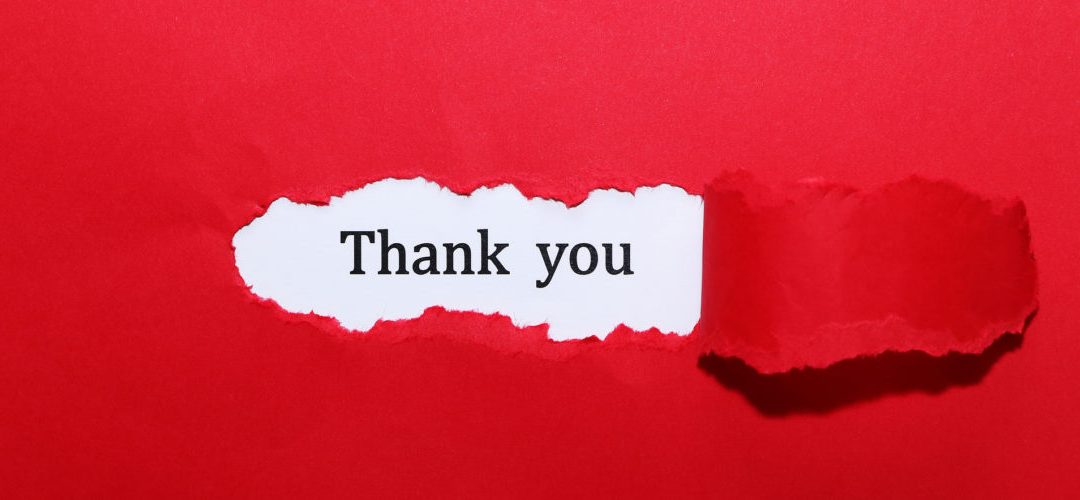On a personal level, this has been an incredibly challenging year for Wendi and I. Wendi’s mother was diagnosed with cancer and passed away 6 months later while her daughter struggled with mental illness. My father had high-risk surgery, my sister got cancer, and my marriage ended. The biggest surprise for both of us though: It was also the year we felt the most intense gratitude and connection with others, and our business thrived and grew in a way we had not imagined. Ever! Never did we expect to feel such seemingly incongruent positive emotions in the face of so much upset.
Given we relish bringing scientific insights to leaders and organizations, we decided to take a closer look at the neuroscience of gratitude – and what’s in it for all of us. Only if we start to look for it.
Scientist, Robert Emmons, is a leading expert on gratitude and calls it “a relationship-strengthening emotion“. He says, what’s essential in kicking off the amplifying effect of gratitude is acknowledging that good things are happening around us. We need to consciously look for and then name the positive experiences going on outside of ourselves, and see these events and people as benefiting and supporting us.
You scratch mine, and I’ll scratch yours.
Even Darwin was curious about the role gratitude played in human social relationships over time. He speculated that we share the same set of emotions, including gratitude, to facilitate reciprocity in relationships, like a shared non-verbal language of collaboration, enabling us to increase our chances of survival.
Feeling gratitude also has a powerful positive impact on our brain and body. Scientist Glenn Fox’s research looked at what parts of the brain are involved in the experience of gratitude and appreciation. He found a key brain region activated when we feel gratitude is the same as that involved in processing emotions, social reward, moral judgement and empathy with others. Not only that, practicing gratitude may actually be able to restructure or re-wire our brain, improving depression symptoms associated with social isolation.
Emmons proposes 10 simple ways to become more grateful. The benefits include less pain, a stronger immune system, better sleep, greater optimism and improved relationships. And of course – none of these gifts require your credit card. You just need to unwrap them. And enjoy.


Recent Comments